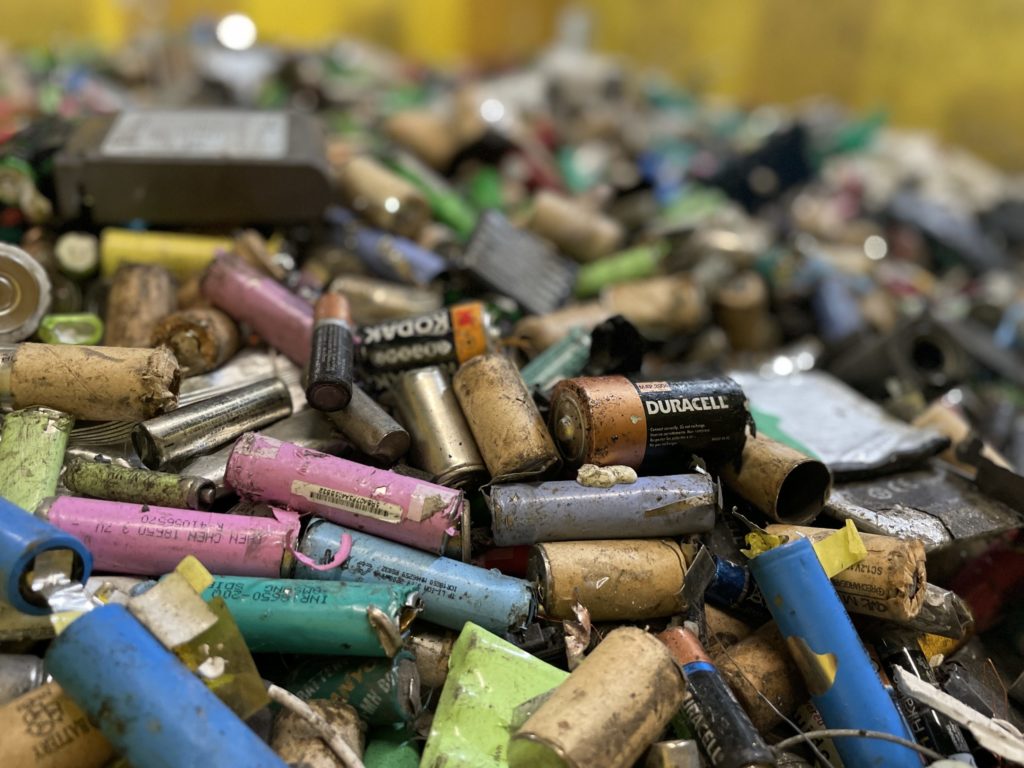The report is expected to be adopted in March and will constitute the European Parliament’s negotiation position with EU governments on the final shape of battery recycling legislation.
In December 2021, the parliament’s internal market and consumer protection committee voted in favour of EU member states introducing mandatory DRSs for the collection of waste portable batteries.
This was welcomed by a string of recyclers across the continent, as well as the UK, which is to review its own battery regulations this year.
In a vote last week (10 February), MEPs voted in favour of a report containing measures governing the entire battery product life cycle, “from design to end-of-life”.
Seventy-four members of the European Parliament’s Committee on the Environment, Public Health and Food Safety (ENVI) voted to adopt the rules, with eight voting against and five abstentions.
However, this did not feature plans for a DRS.
Carbon
MEPs backed proposed rules on a carbon footprint declaration and label, a maximum value for the life cycle carbon footprint, and minimum levels of recovered cobalt, lead, lithium, and nickel from waste for reuse in new batteries.
By 2024, portable batteries in appliances such as smartphones must be designed for “easy and safe” removal and replacement.

MEPs want all economic operators placing any batteries on the EU market to comply with requirements addressing risks around the sourcing, processing, and trading of raw materials, chemicals, and secondary raw materials.
MEPs also called for more stringent collection targets for portable batteries – 70% by 2025 and 80% by 2030, compared to the Commission’s original proposals of 65% and 80%.
And, the MEPs want to introduce minimum collection rates of 75% by 2025 and 85% by 2030 for batteries for ‘light means of transport’ such as e-bikes.
‘Holistic’
Simona Bonafè, the ENVI’s rapporteur, said: “For the first time in European legislation, the battery regulation lays down a holistic set of rules to govern an entire product life cycle, from the design phase to end-of-life.
“This creates a new approach to boost the circularity of batteries and introduces new sustainability standards that should become a benchmark for the entire global battery market.”
We urge the EU legislator to set up more realistic deadlines and targets
- Peter Kurth, FEAD
Recycled content
FEAD, the European waste management association which includes UK members, welcomed the fact that mandatory recycled content plans were kept in place.
While the EU hasn’t specified what percentage this will be set at, FEAD welcomed the intent behind it nevertheless, but warned against setting unrealistic targets.
Peter Kurth, FEAD president, said: “A recovery rate of 90% in 2030 will be problematic. We urge the EU legislator to set up more realistic deadlines and targets, that can match the deployment of new technologies and investments.”
“Improved collection systems and drastically increased collection rates, as voted today by the ENVI Committee, is the way forward to reach the critical tonnages of materials that will be needed to fulfill the mandatory recycled contents.”.
Unconvincing
The Federal Association of the German Waste Management, Water and Raw Materials Industry (BDE) described the decision to adopt the report as “unconvincing overall”, saying it only agreed with the content “in part”.
The BDE was critical of the decision not to introduce a deposit return system for batteries.
And, the association is “sceptical” about the plan to increase the recovery rate for lithium-ion batteries from 35% to 70% from 2026, saying it was “not possible according to the current technical state”.









Subscribe for free